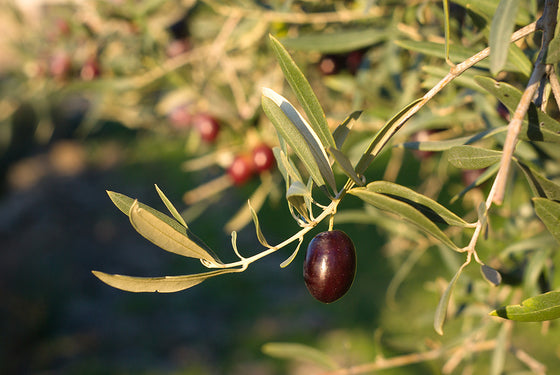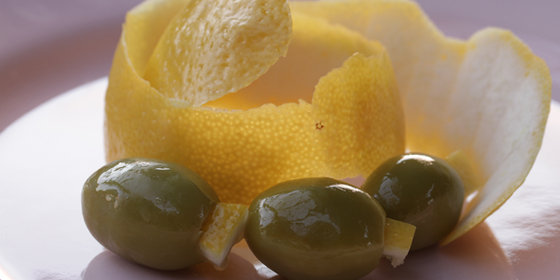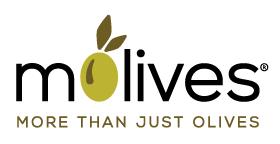Olives nutrition continued

Although you may not consider them to be, olives are a fruit that are grown, cultivated and harvested from the Olea Europea Tree (The sacred Olive Tree). They are available in a variety of colours, shapes and sizes, however olives share one main common value; olives are an incredibly healthy food with multiple health benefits. Olive oil has been used from the days of the great ancient civilisations of the Greeks, known for its medicinal properties. Combined with the health benefits of the olive flesh itself, there is no denying how much good olives can do within your diet and lifestyle.
Did you know that 75% of the fat that makes up an olive is called oleic acid? This is in fact an unsaturated fat (monounsaturated to be scientifically accurate) and has properties such as being a fat that lowers levels of cholesterol within the blood. With the health risks and problems associated with high cholesterol (heart disease, high blood pressure), olives could be doing more good for you than you realise!
Oleic acid also keeps the rate of your metabolism balanced, it stabilises this bodily function and is also known to support the healthy development of marrow within the bones.
In terms of their extensive use in cosmetics and as a medicine, olives and olive oil are very high in vitamin E and other chemicals known as flavonoids and polyphenols. These three compounds reduce and prevent inflammation within the body, they have anti-aging properties and promote the radiance and health of your skin.
Leave a comment
Comments will be approved before showing up.
Also in Blog

Olives 101 - The life cycle of an olive tree

Olives 101 - The Basics
The processing of olives is essential in order to maintain the freshness, crispness and quality of these pitted fruits. This post will take you on a short 101 through olive school and leave you feeling more knowledgeable on your favourite fruits!

